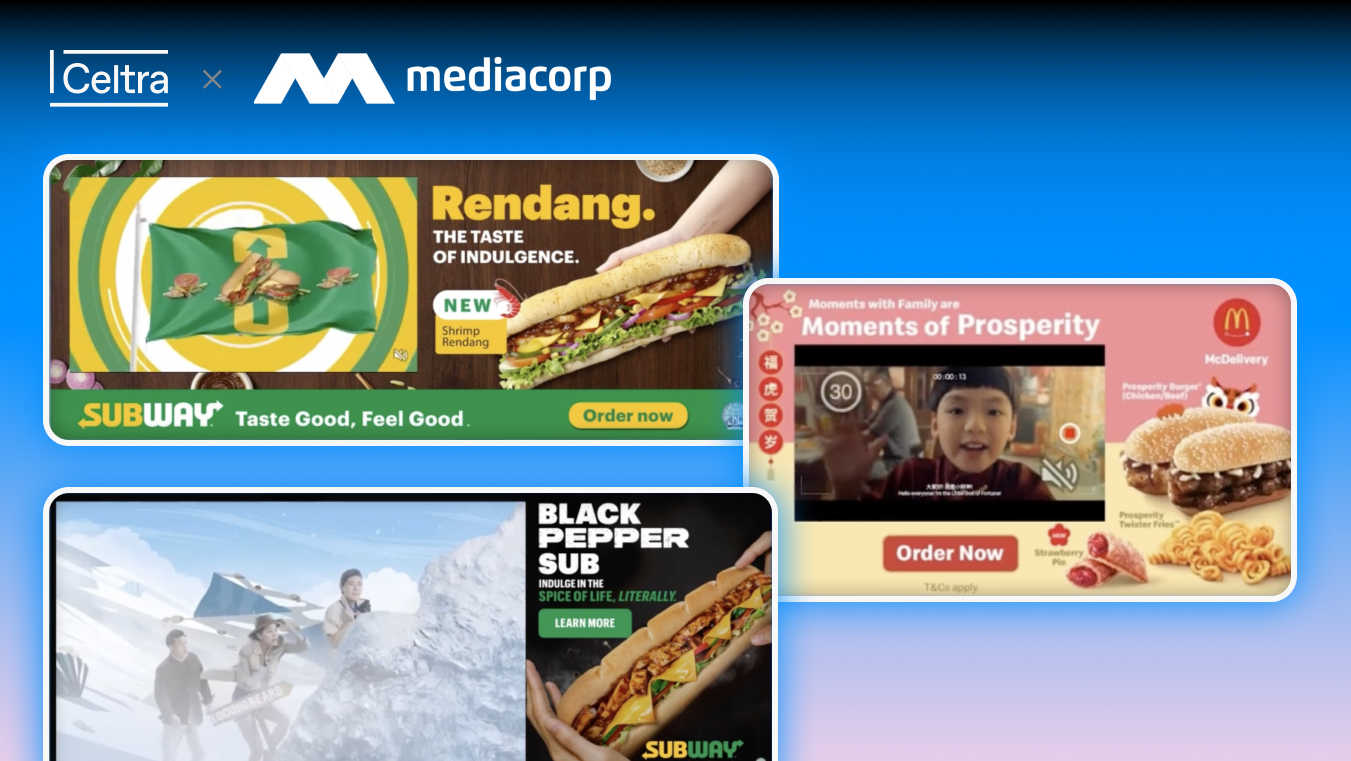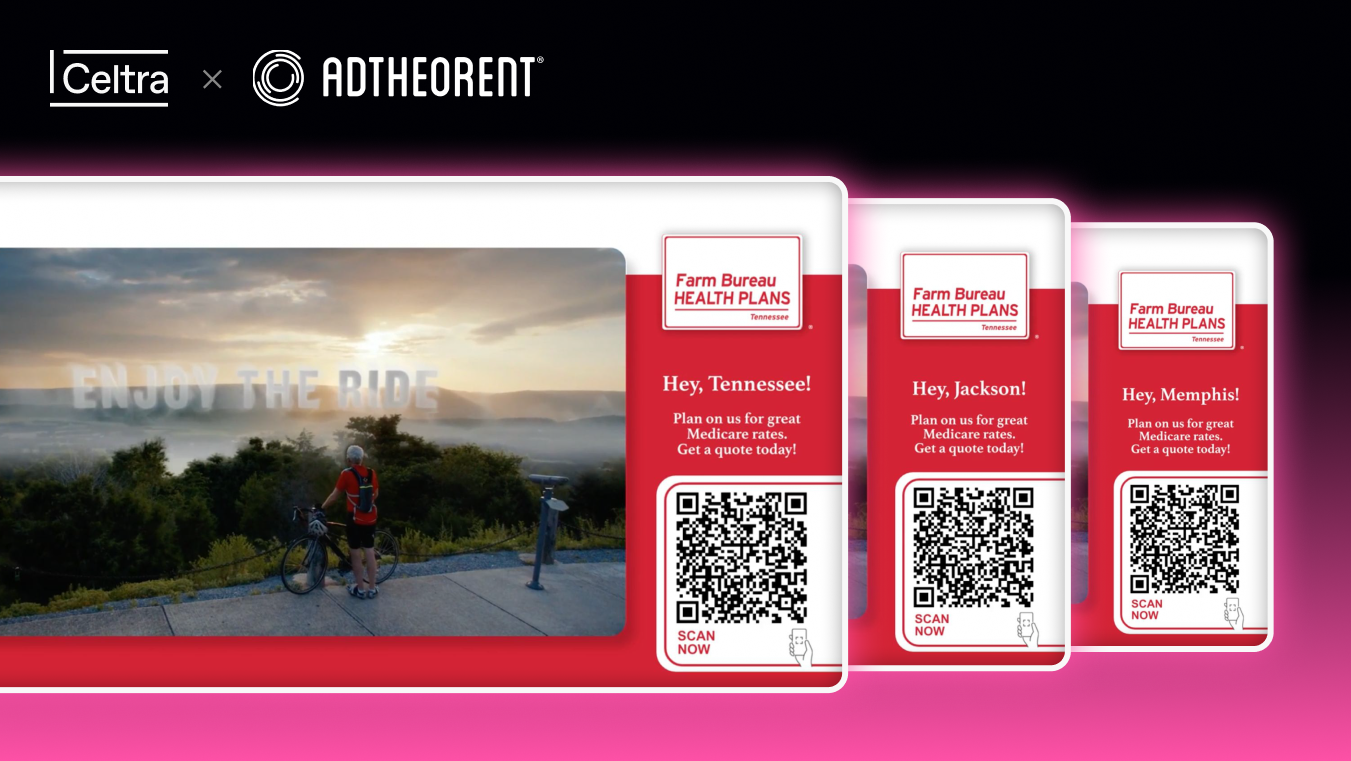The collective feeling of doom and gloom looming over the media industry following extensive layoffs in the last several months is still lingering in 2023. Like a bad DJ clearing the dance floor, the recession has ruined the party for ad agencies and tech giants alike (Meta, Amazon, Snap and Google). And who’s first in the firing line when it comes to budget cuts? The marketing sector. In a world where publishers depend on ad dollars to survive, they have no choice but to reduce their head count.
Strengthen your in-house team
On the plus side, it’s always sunny at The New York Times after announcing in November that they’ve added 180,000 new digital subscribers, improving their profit forecast for the full year. How? By spending 24% more on product development than in the same quarter the previous year, they’ve ‘bundled’ their digital product offering (e.g. cooking and games), and as a result, their readers are happy to pay more for a subscription.
If the New York Times is an example to go by, it seems that by strengthening in-house creative teams and investing in self-service tech, you can keep operation costs low and maintain margins (or in the case of NYT, boost them). In fact, a recent survey by the Association of National Advertisers (ANA) found that 42% of advertisers have established in-house ad agencies, with marketers reporting that in-house ad agencies contribute to significant cost efficiencies and savings. With self-serving ad tech companies like Celtra, you can bring new capabilities and equip your team to do the best possible in-house work.
Revamp your ad product offering
By revamping your ad product offering, even just a little, like adding new functionality to an ad unit or making a new placement available on a page, you can score some of the advertising dollars that would have otherwise gone to walled gardens like Meta. With Celtra, you can differentiate your offering by combining all the best ad formats with in-demand features like video and shoppable. This means that when you’re building your ad suite with Celtra, you’ll have the perfect response for every campaign request, whether you build from scratch or pick from a selection of readily available templates.

Prioritize user experience
With shifts in global privacy regulations and consumer data on the horizon, we are likely to see more consideration towards quality rather than quantity. This is on the basis that if your product and the user experience is good, customers are more likely to stay loyal to the brand. Creating a great user experience (rather than bombarding websites with ads that don’t align with the brand) is predicted to add to companies long-term revenue goals. We’re seeing Bloomberg and Salon leading by example in this respect. For hard numbers and industry benchmarks on what works best for users, check out our Creative Insights Report for where you should be aiming your quality ad product offerings.
Bring Creative Automation to media monetization
With a rock-solid ad product offering, publishers can invest more in private marketplace deals that emphasize the strengths of their premium inventory and valuable audience data. However, given the state the media industry is in, even the larger publishers and organizations are struggling to find a process that allows them to build effective proposals that satisfy advertisers’ need for high-impact unique executions. The question is: how do you do more with less? To which the answer is: automation.
By empowering your in-house teams with self-serving tech tools like Celtra that integrate enjoyable, interactive features into websites, you can create experiences that complement the media and work with the flow of the content. In a recession, prioritizing quality over quantity is key.
If you’re ready to drive revenue with solutions that keep your marketing strategy agile in spite of the recession, bring Creative Automation to your business now.






